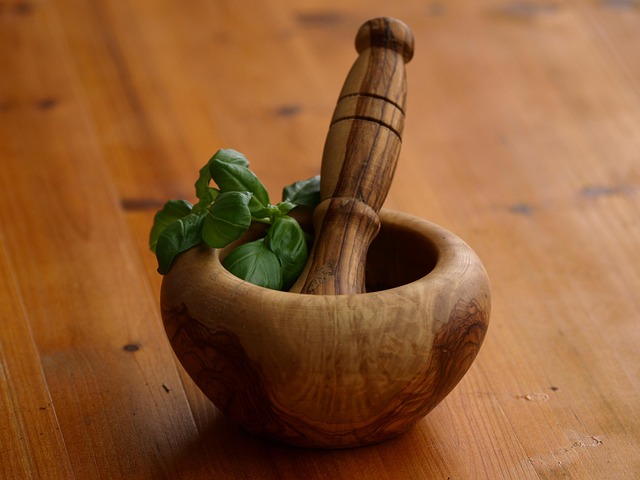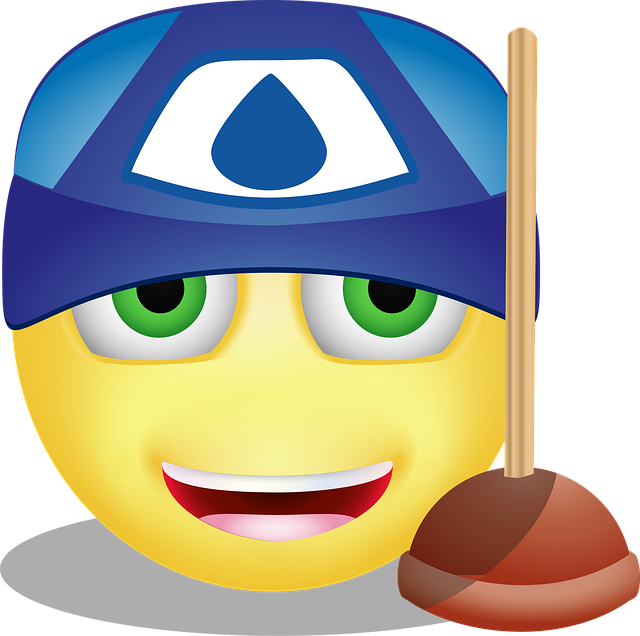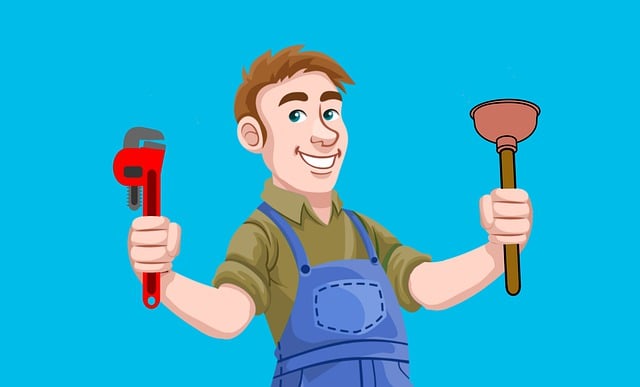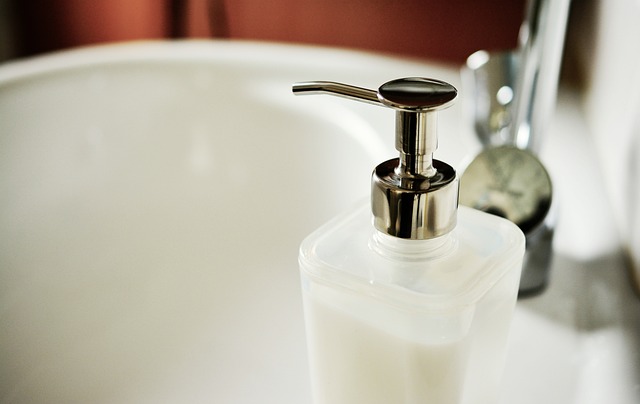Organic clogs result from non-biodegradable substances in drains, causing pipe buildup and blockages. Enzymatic cleaners, safe and eco-friendly, break down grease, soap scum, and organic matter without harsh chemicals. By targeting specific pollutants, they prevent future buildup and promote sustainable plumbing maintenance. To prevent blockages, avoid pouring grease, coffee grounds, and food scraps down drains, use eco-friendly cooking methods, install drain covers, and never flush non-biodegradable items.
Unclog your pipes naturally with enzymatic cleaners—a safe and effective solution for organic blockages. Understanding the causes of these clogs, from grease and food scraps to personal care products, is the first step. Enzymatic cleaners break down organic material, offering a sustainable alternative to harsh chemicals. This guide explores application methods, prevention strategies, and the numerous benefits of this eco-friendly approach to unclogging.
- Understanding Organic Clogs and Their Causes
- Benefits of Using Enzymatic Cleaners
- How to Apply Enzymes for Effective Unclogging
- Prevention Tips for Future Organic Blockages
Understanding Organic Clogs and Their Causes

Organic clogs, a common plumbing issue, refer to blockages caused by materials that are naturally occurring and often found in our homes and gardens. These can include grease, food scraps, coffee grounds, and even hair—all of which are typically non-biodegradable and highly persistent. When disposed of down the drain, these substances can stick to pipe surfaces, forming a cohesive mass that gradually grows larger, eventually leading to a complete blockage.
The primary causes of organic clogs can be attributed to improper disposal practices. For instance, pouring grease from cooking into the sink or using chemical cleaners for natural unclogging can exacerbate the problem. Additionally, poorly maintained plumbing systems and old pipes with reduced flow capacity contribute to the buildup of these organic compounds, making them more likely to form clogs.
Benefits of Using Enzymatic Cleaners

Enzymatic cleaners offer a gentle yet powerful solution for organic clogs, making them an excellent choice for those seeking a natural unclogging method. These eco-friendly alternatives are designed to break down grease, soap scum, and other organic matter without harsh chemicals, ensuring a safe and effective clean. By using enzymatic cleaners, you can avoid the potential hazards associated with traditional chemical cleaners, which may cause skin irritation or damage to pipes over time.
One of the key advantages is their ability to target specific pollutants, making them highly effective at removing stubborn clogs caused by natural substances like food waste, plant matter, and even household grease. Unlike chemical solutions that might only mask the problem temporarily, enzymatic cleaners actually decompose the organic buildup, preventing it from reaccumulating and causing future blockages. This not only saves time and effort but also promotes a more sustainable and environmentally conscious approach to plumbing maintenance.
How to Apply Enzymes for Effective Unclogging

Enzymes are powerful allies in your quest for a natural unclogging solution. To harness their potential, start by selecting an enzymatic cleaner designed specifically for drain clogs caused by organic matter. These cleaners contain enzymes that break down grease, food scraps, and other organic debris into harmless byproducts, effectively dissolving clogs without harsh chemicals.
When ready to unclog, follow the product’s instructions carefully. Typically, you’ll pour a measured amount of the enzymatic cleaner down the drain, allowing it to sit for a specified period. This gives the enzymes time to work their magic. After the recommended time has passed, flush the drain with hot water to wash away the dissolved debris. This method promotes a thorough cleaning while preserving the environmental balance and avoiding the risks associated with caustic chemical cleaners.
Prevention Tips for Future Organic Blockages

To prevent future organic blockages, consider implementing some simple natural unclogging practices. Start by being mindful of what goes down your drains; avoid disposing of grease, coffee grounds, and food scraps, as these are major contributors to organic clogs. Opt for eco-friendly cooking methods that minimize grease buildup, like using a microwave or steaming vegetables instead of boiling them in large amounts of water.
Additionally, regular maintenance is key. Use enzymatic cleaners periodically to break down any organic matter that may have accumulated. Install drain covers or catchers to trap hair and other small particles before they enter the pipes. And remember, never flush non-biodegradable items—like wipes, tampons, or even certain toilet papers—down the toilet, as these can also cause significant clogs over time.






